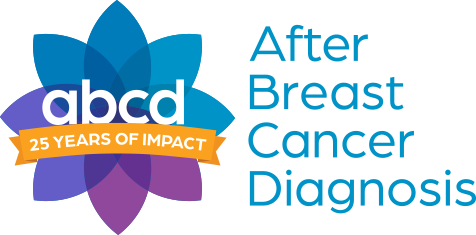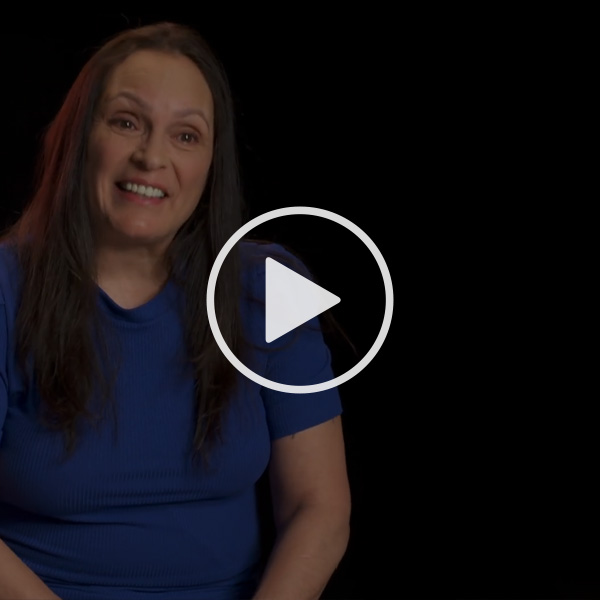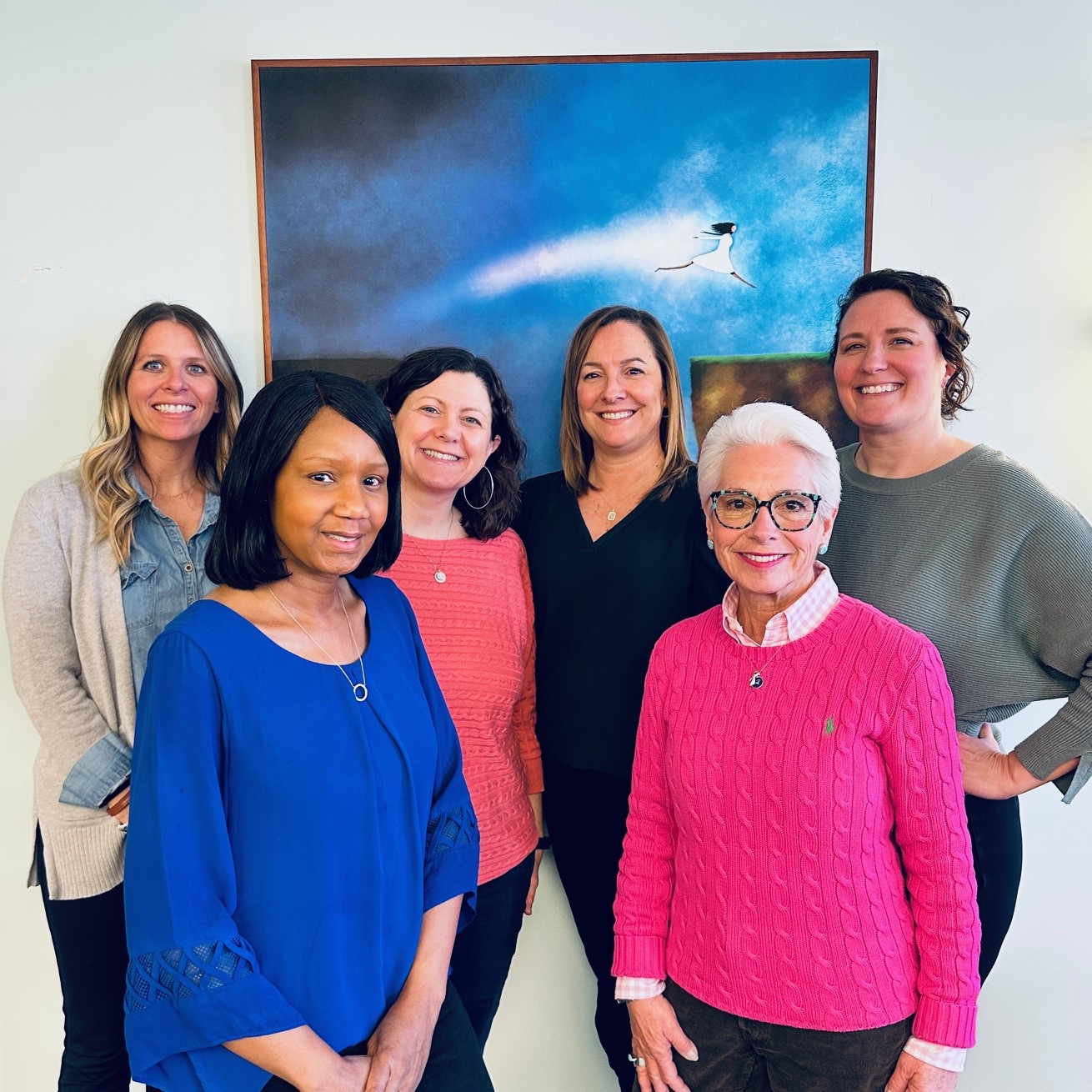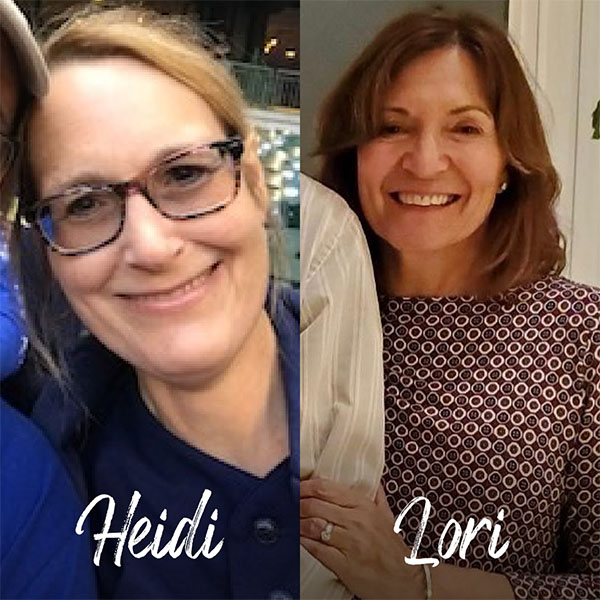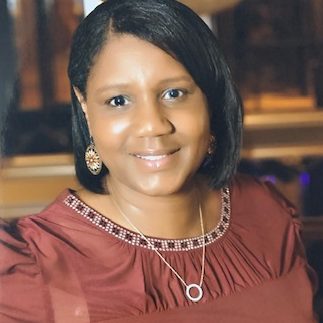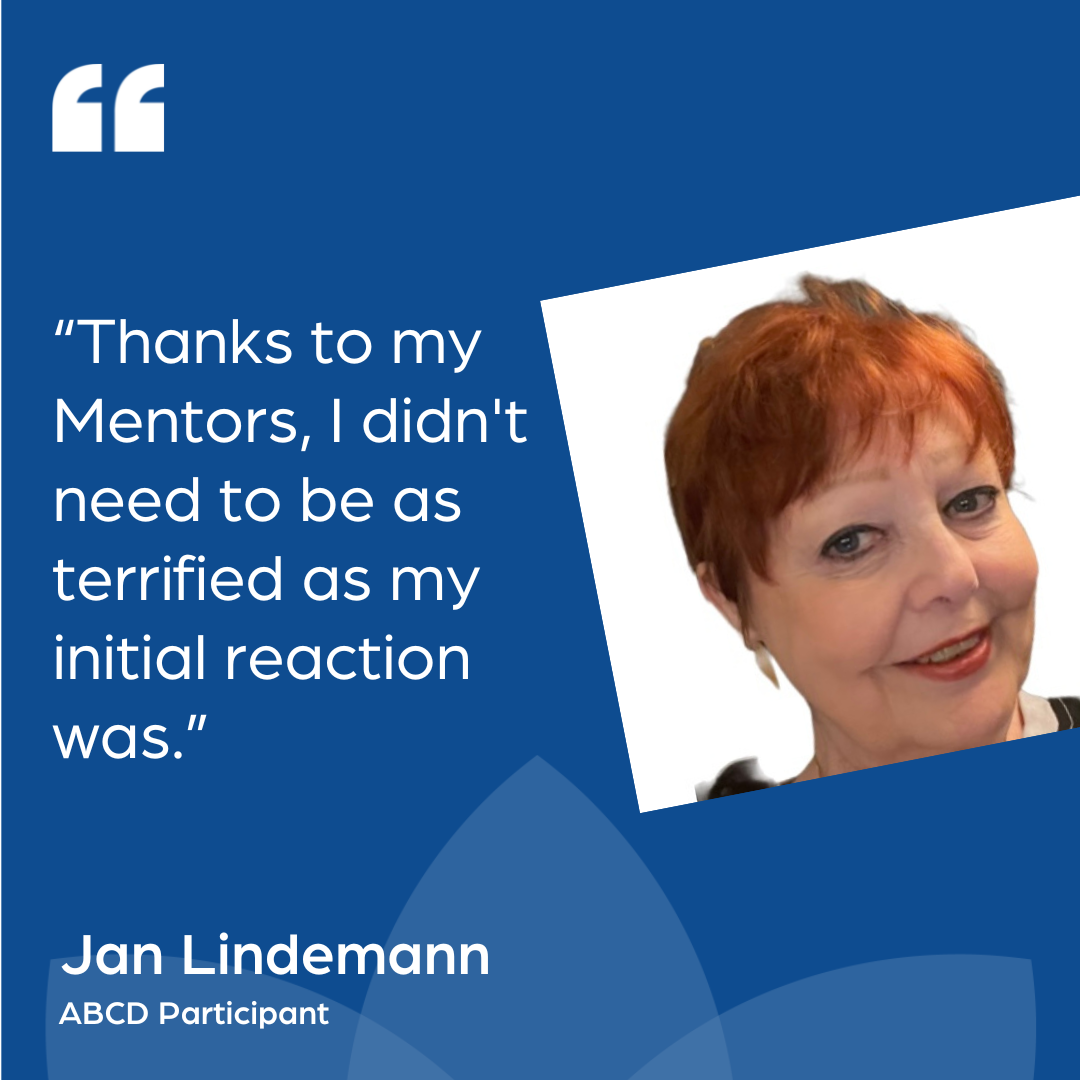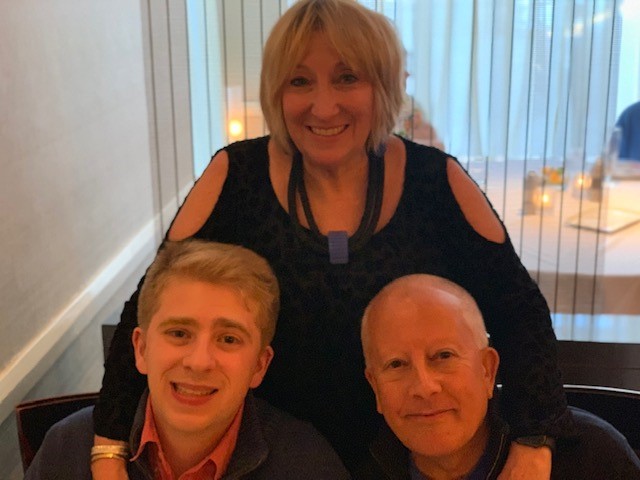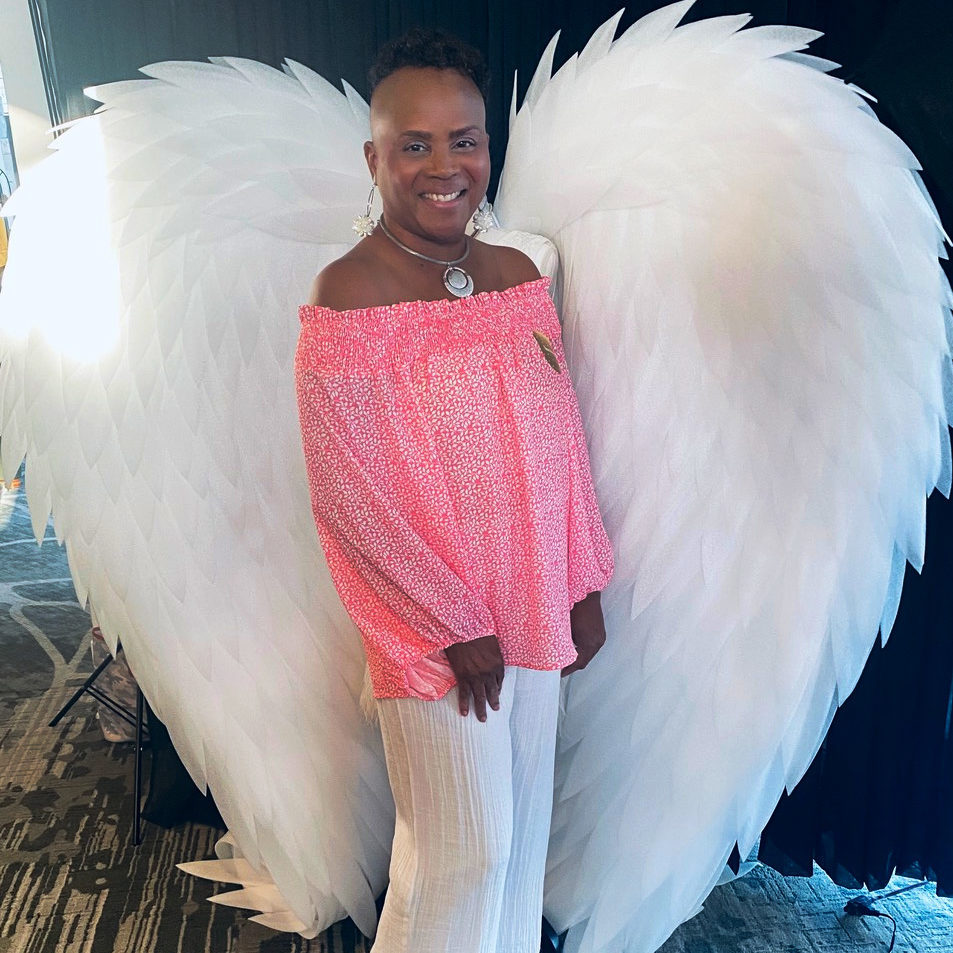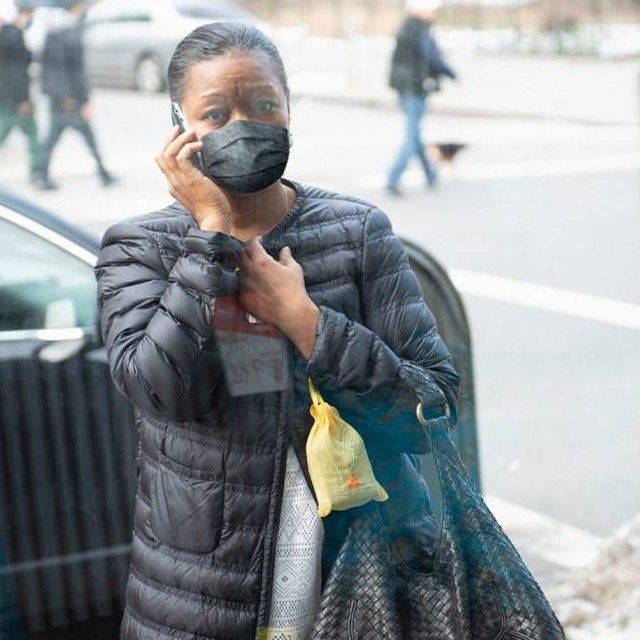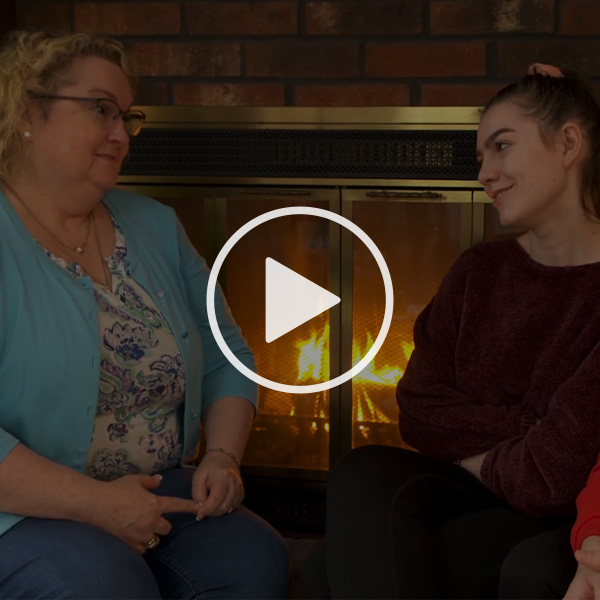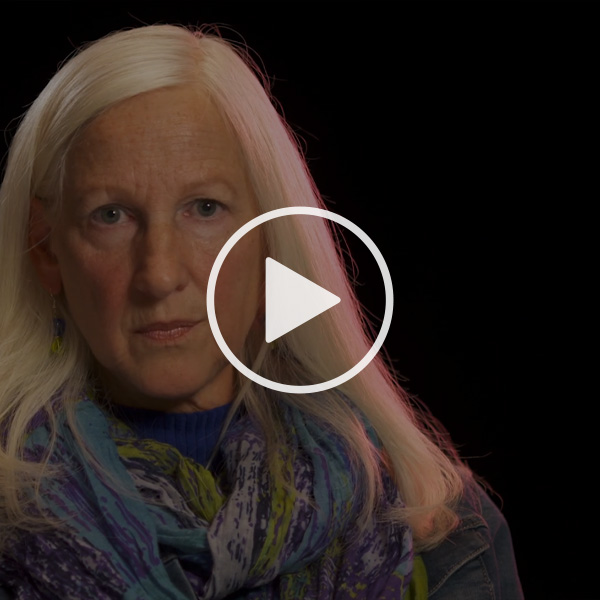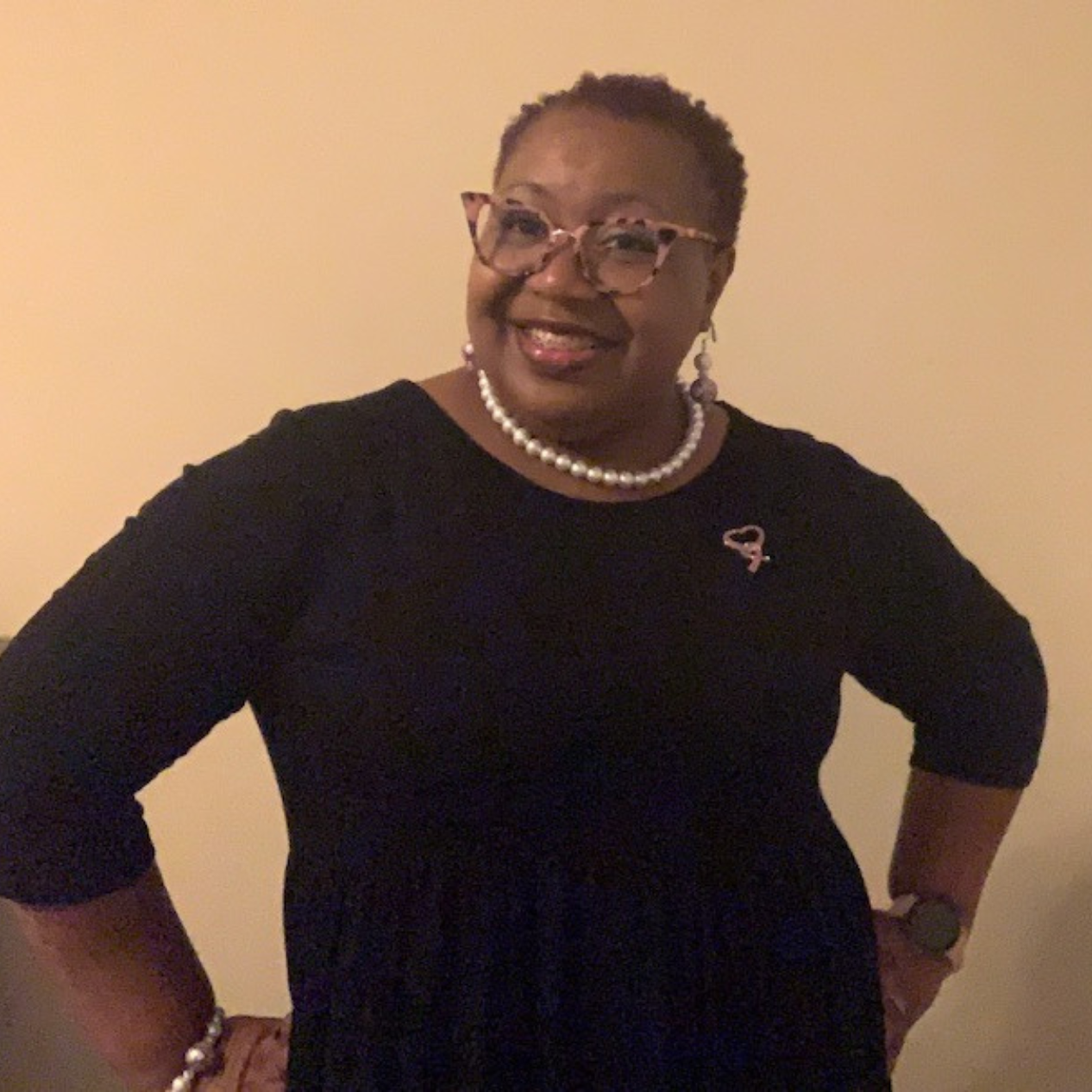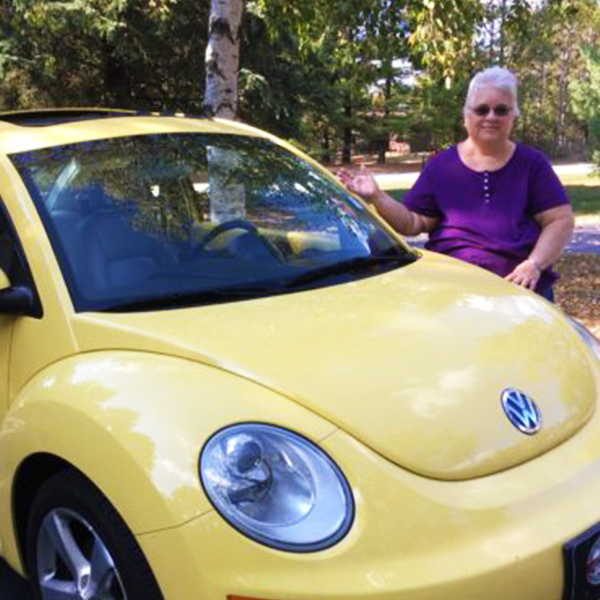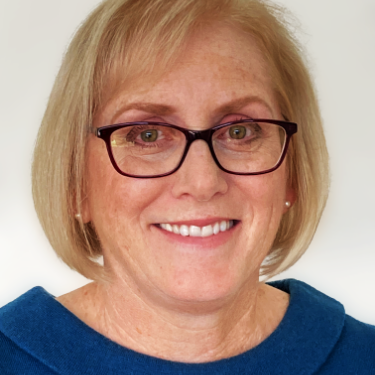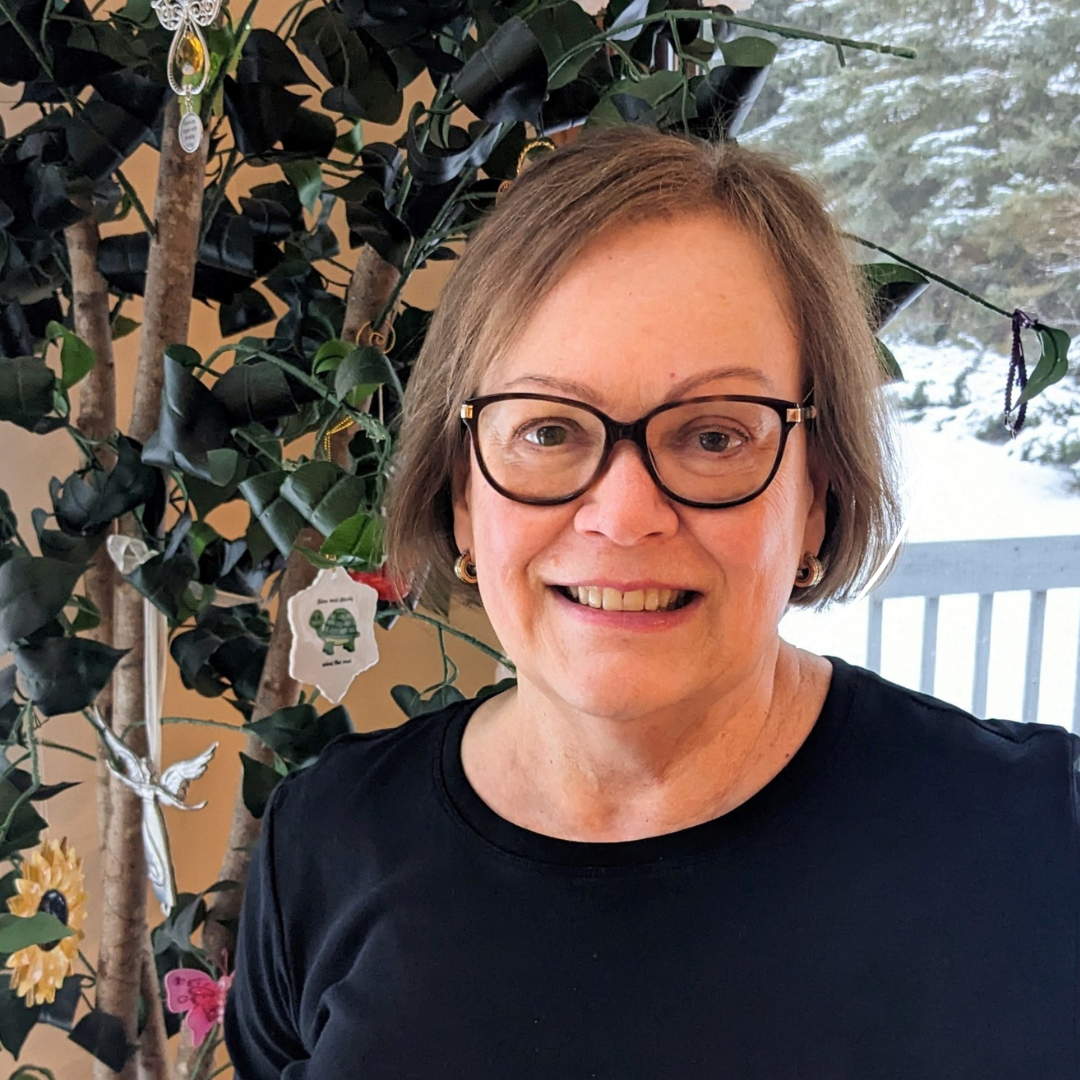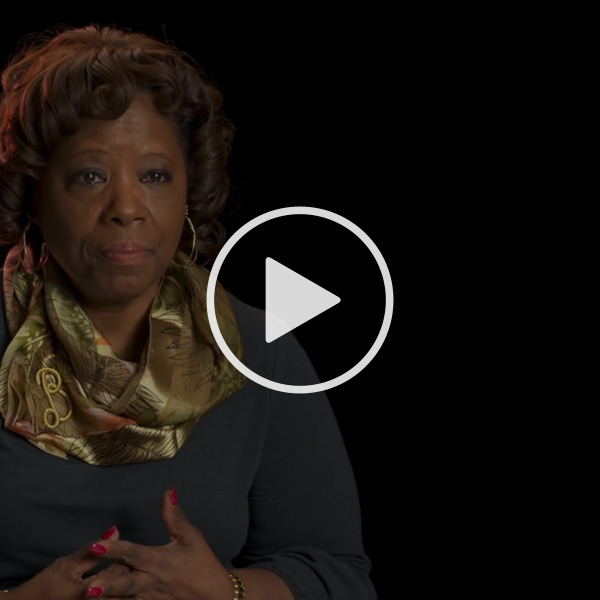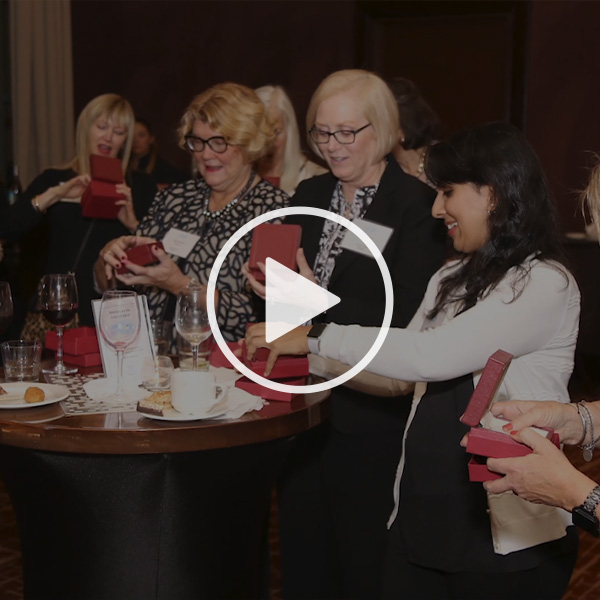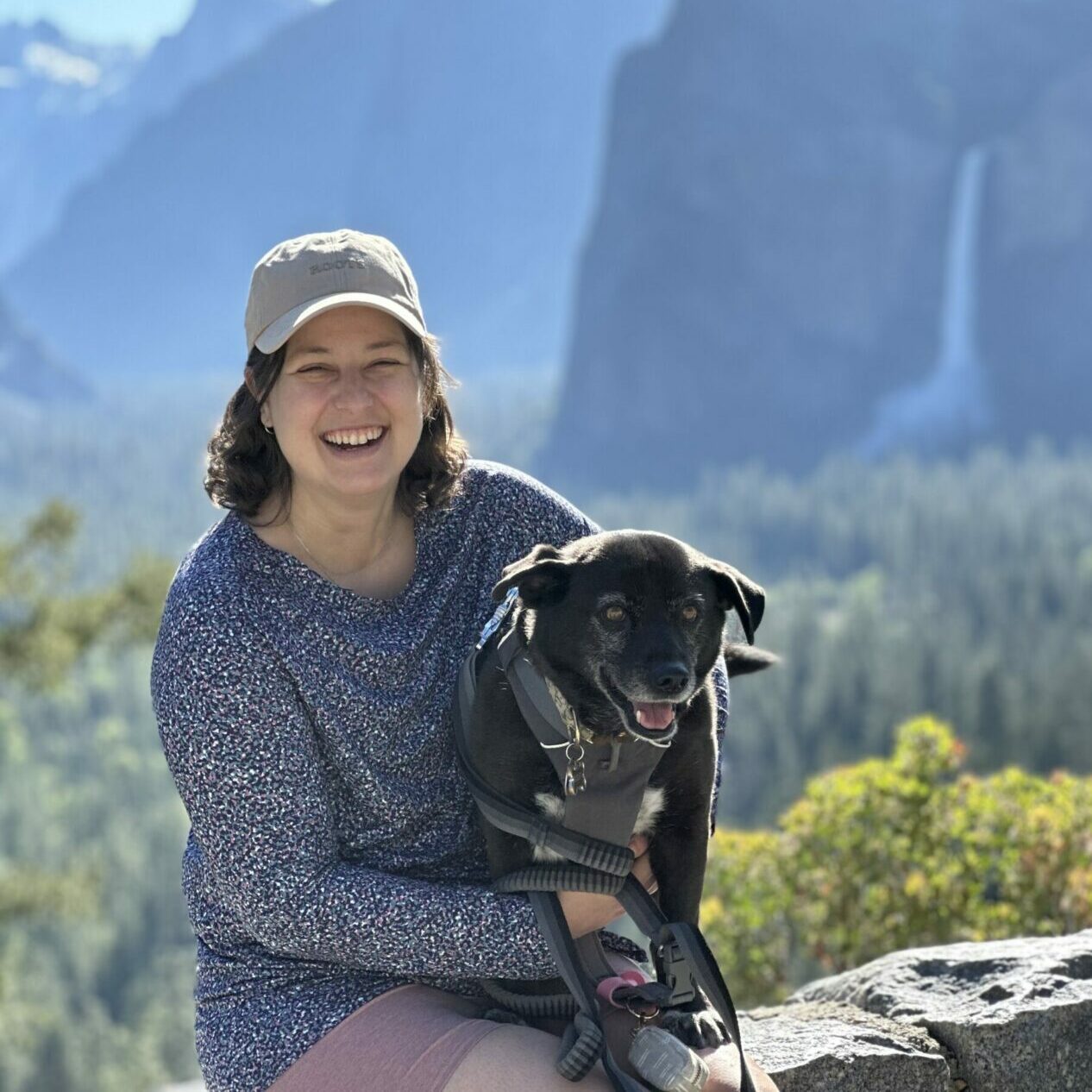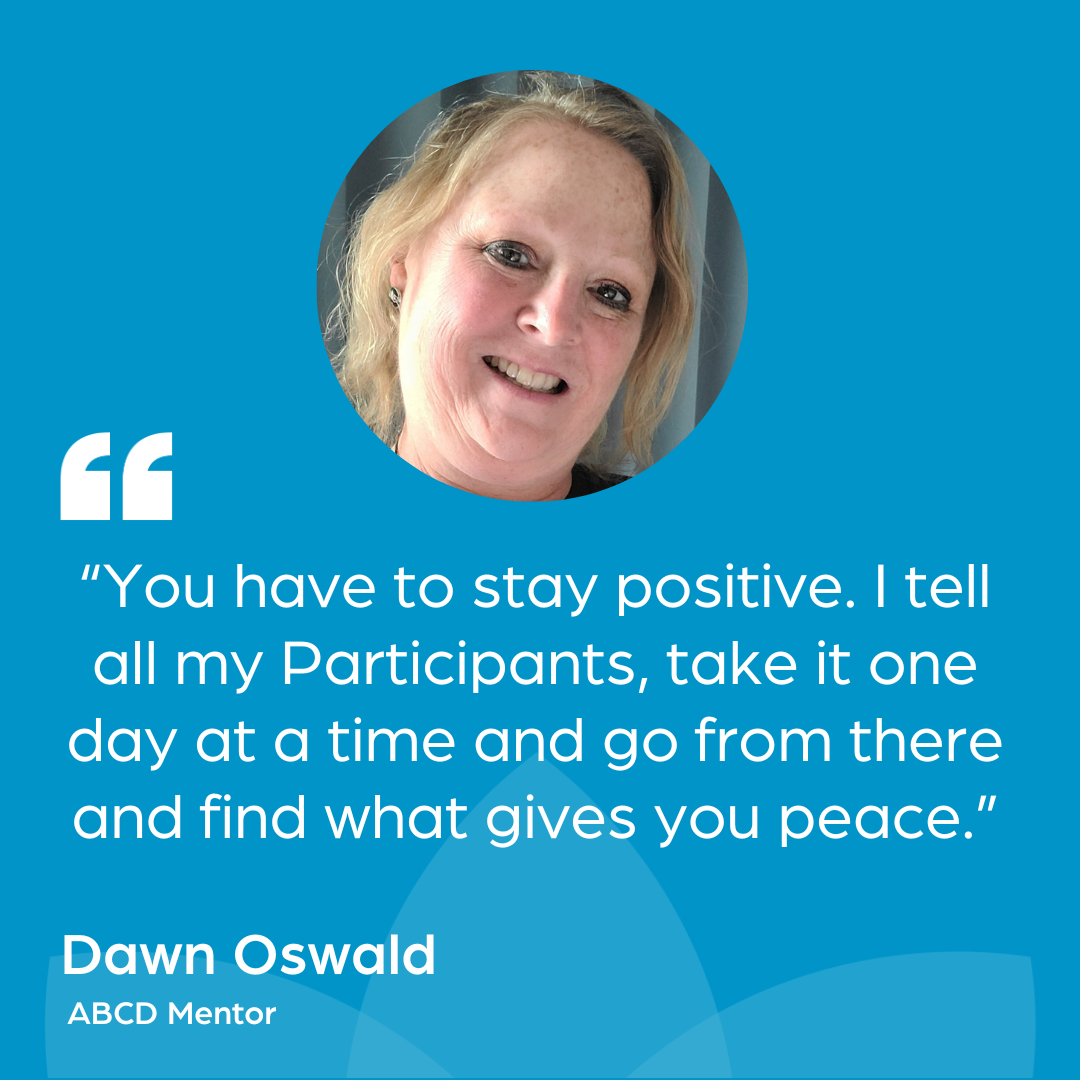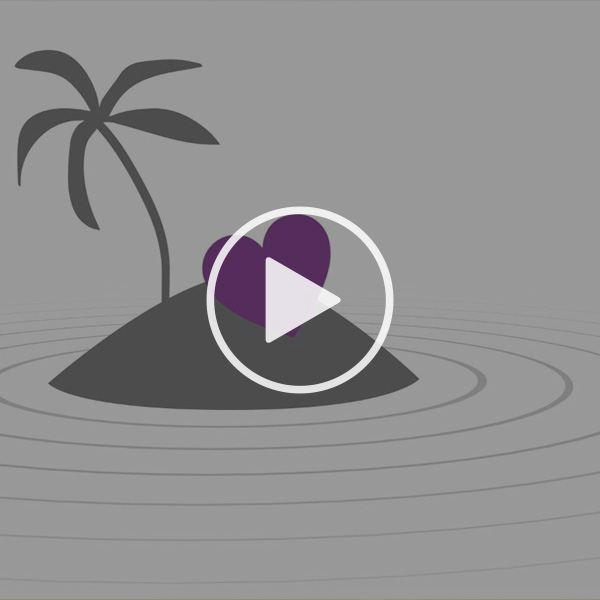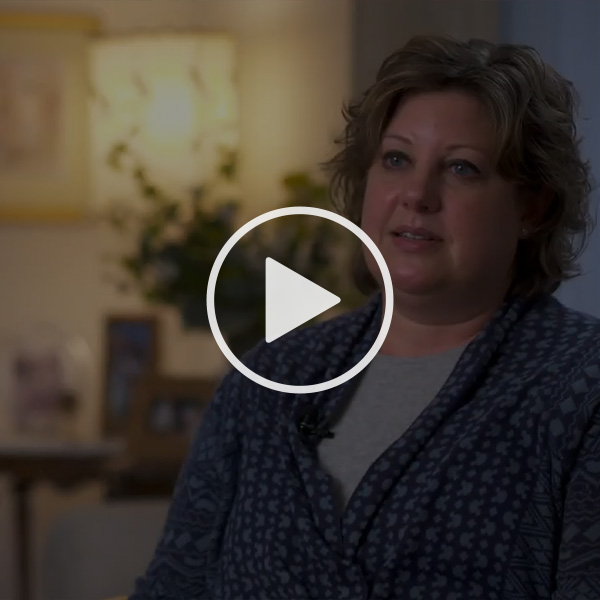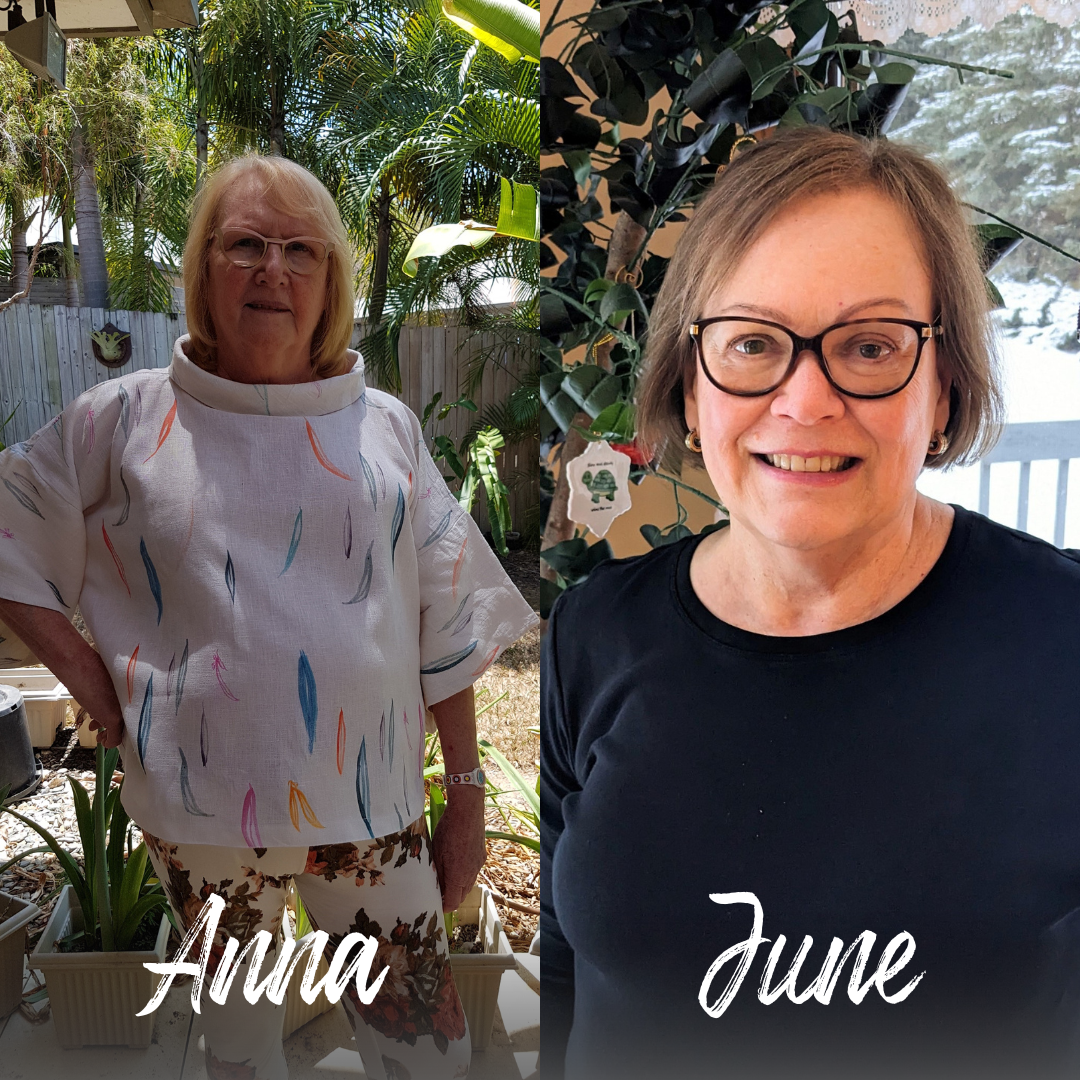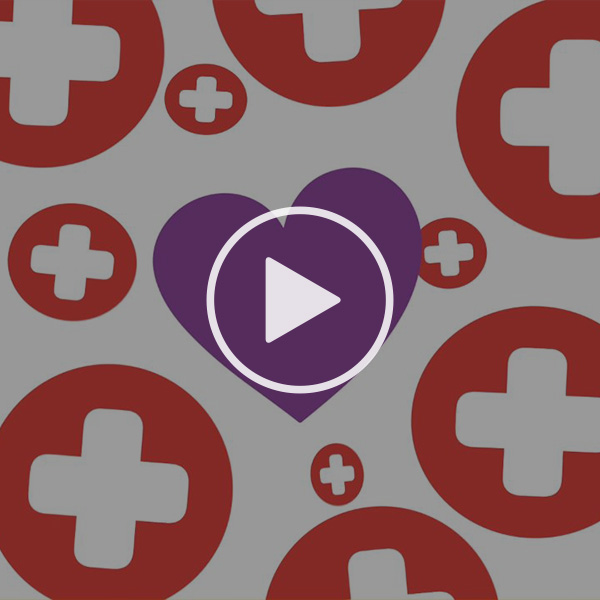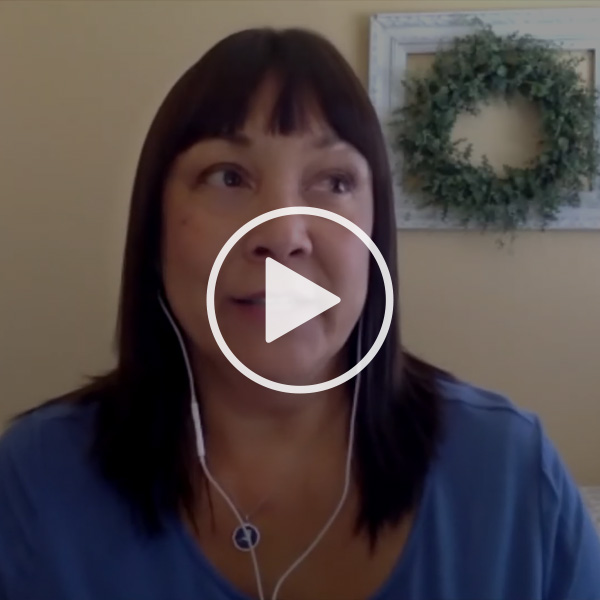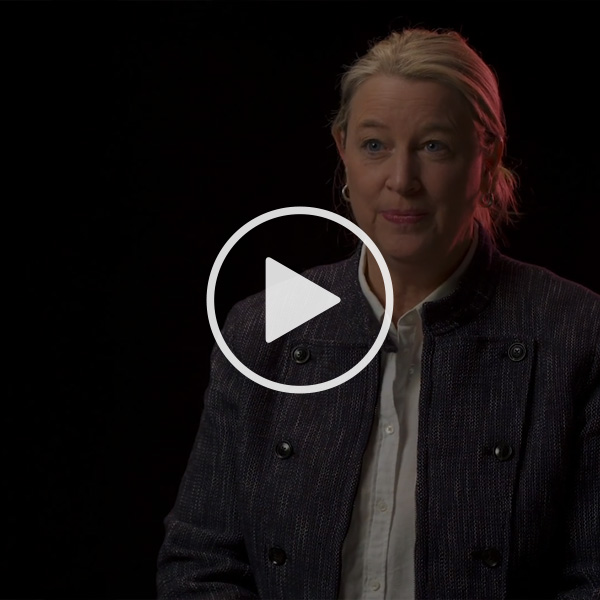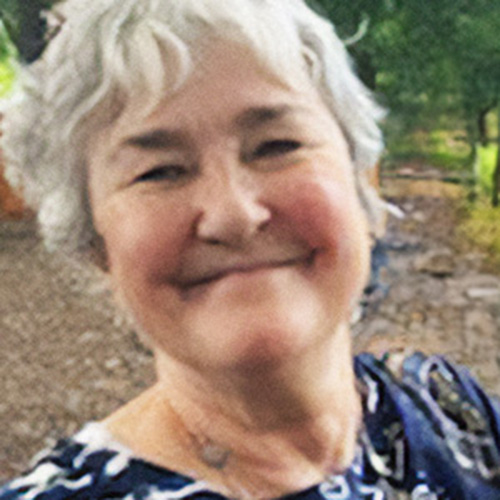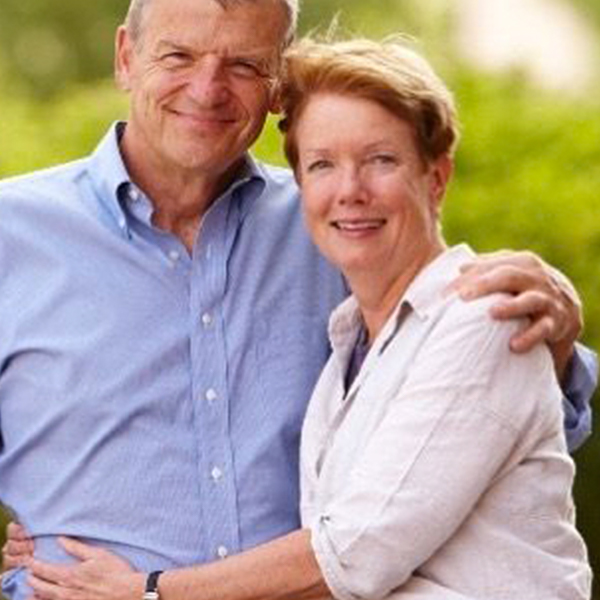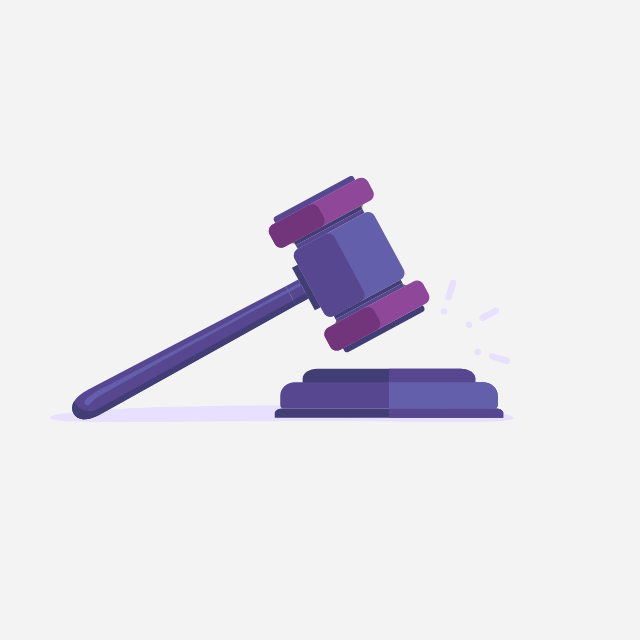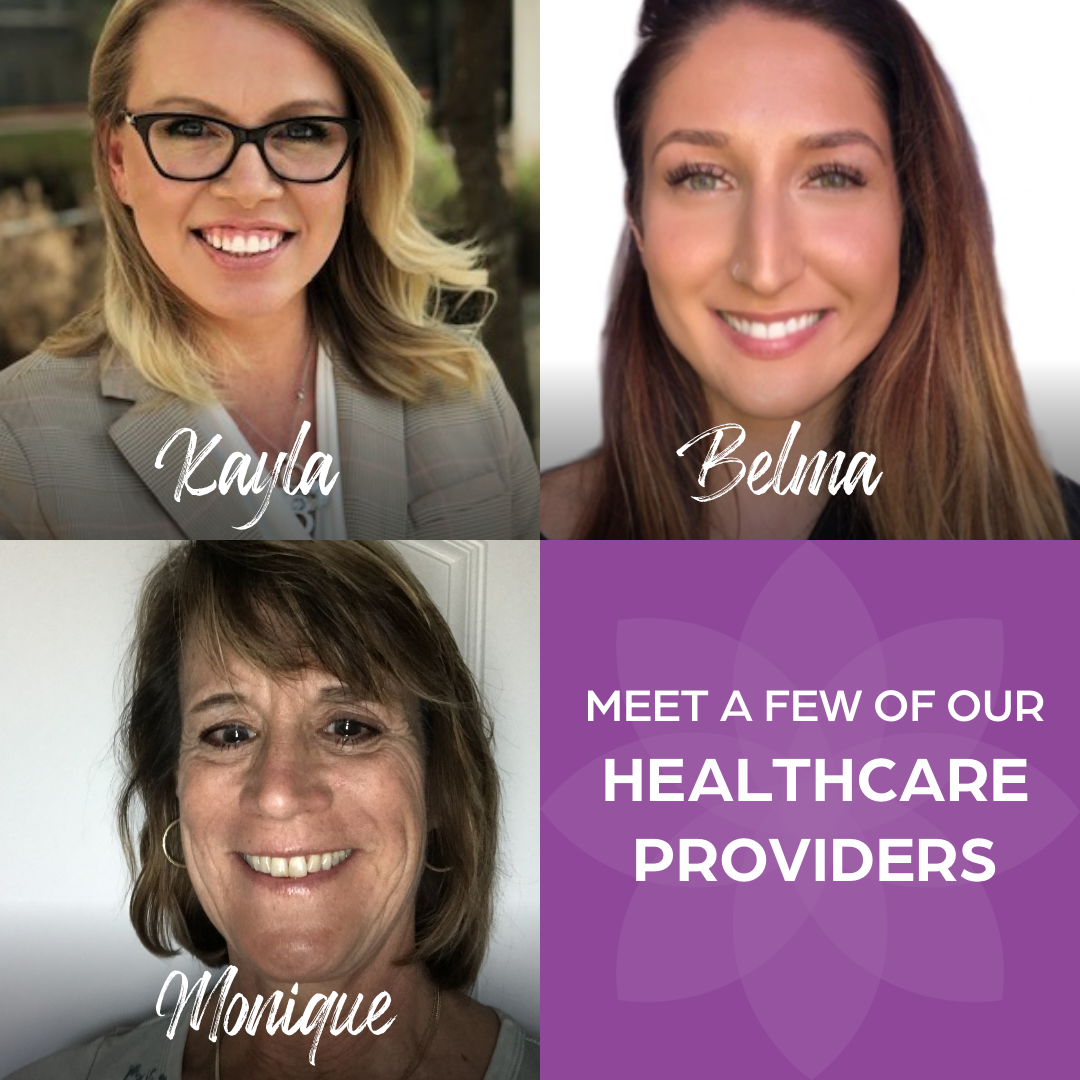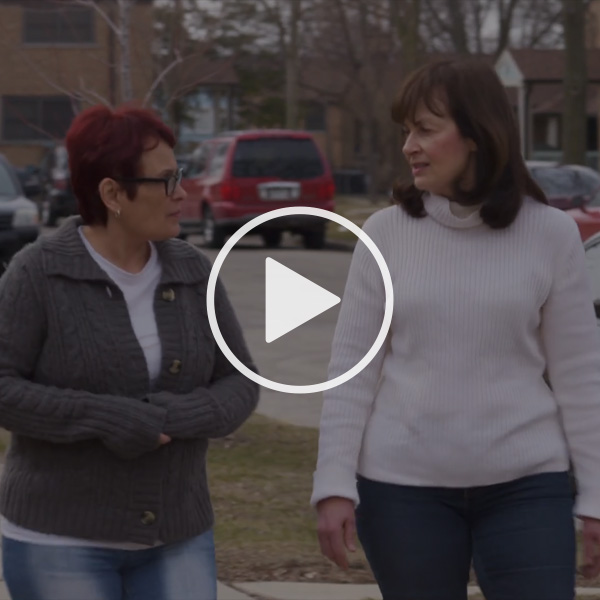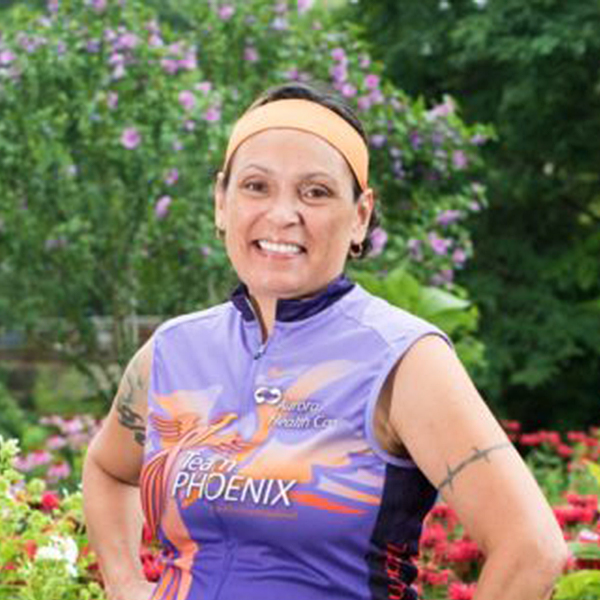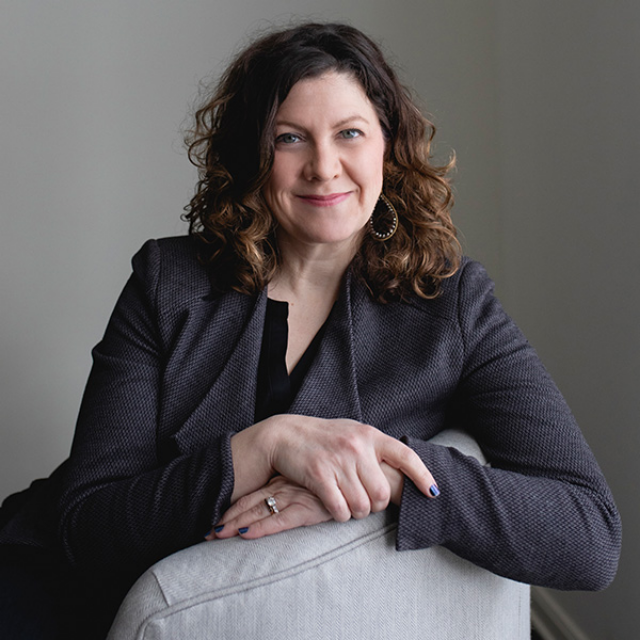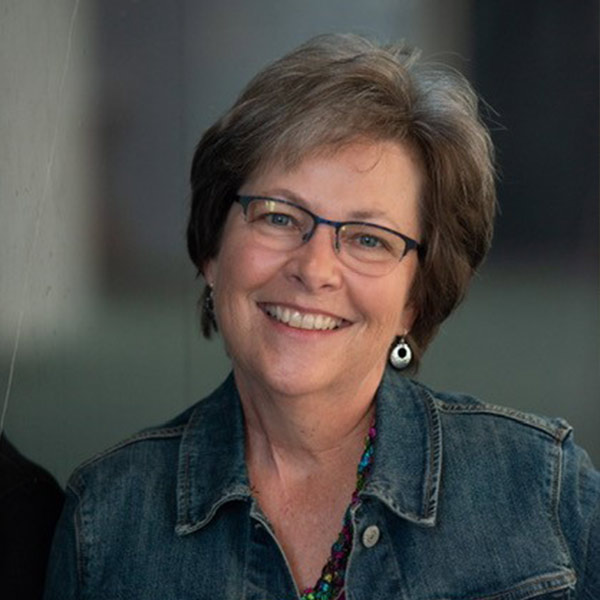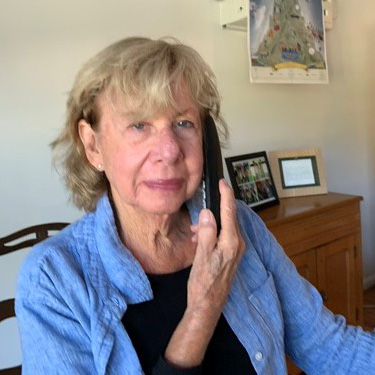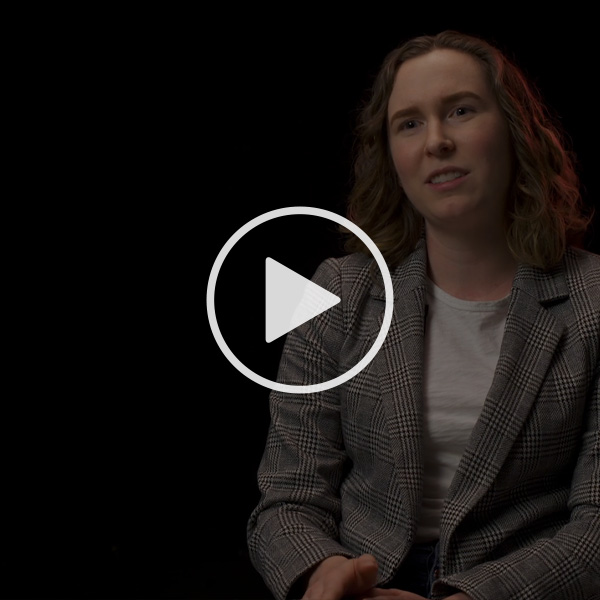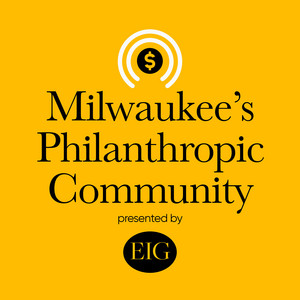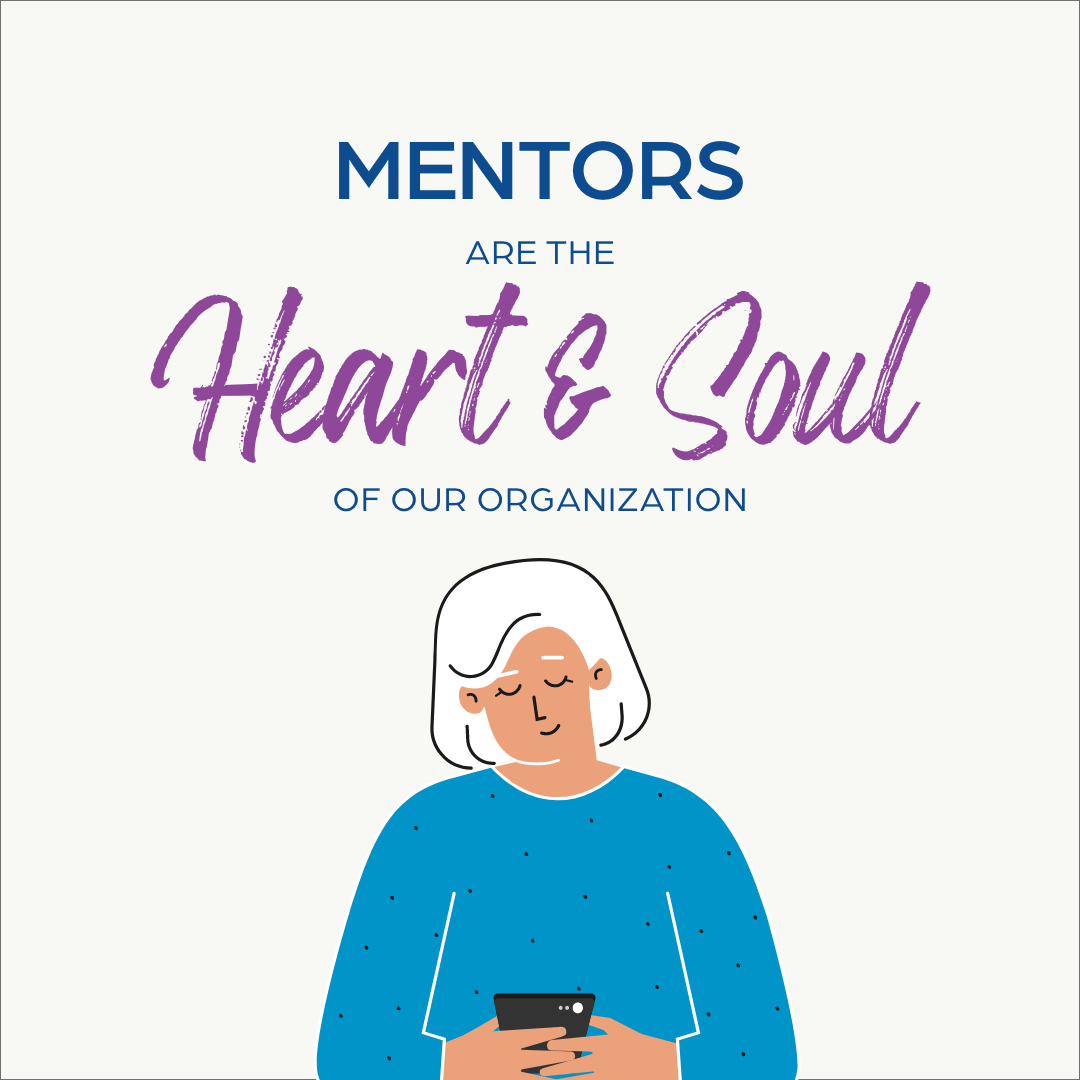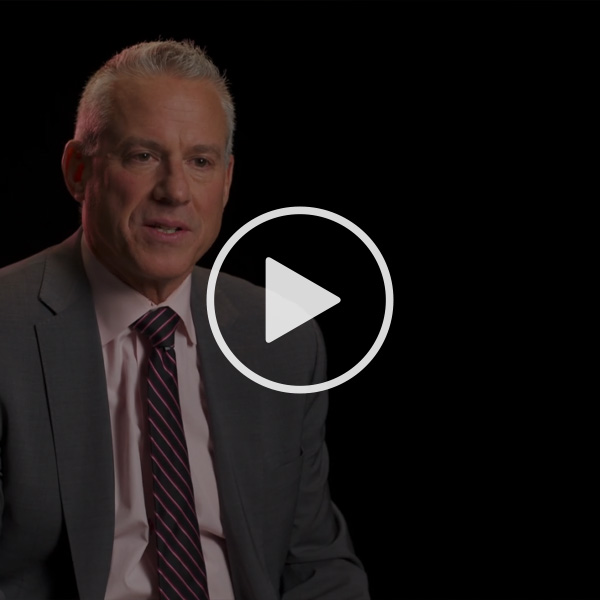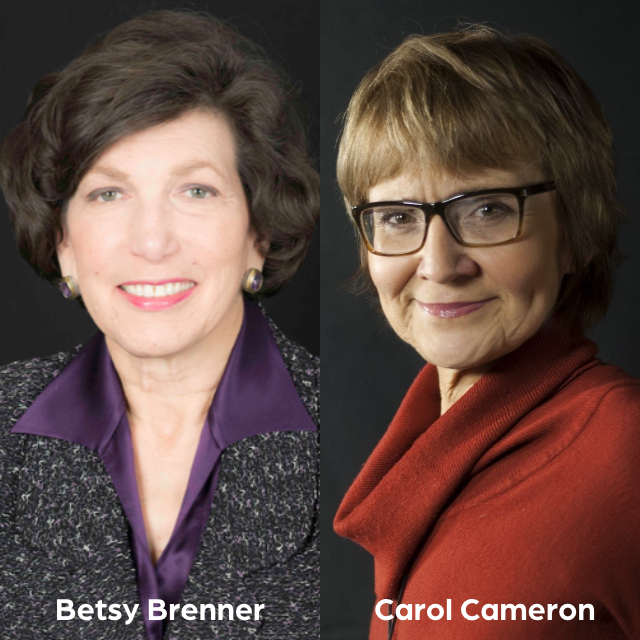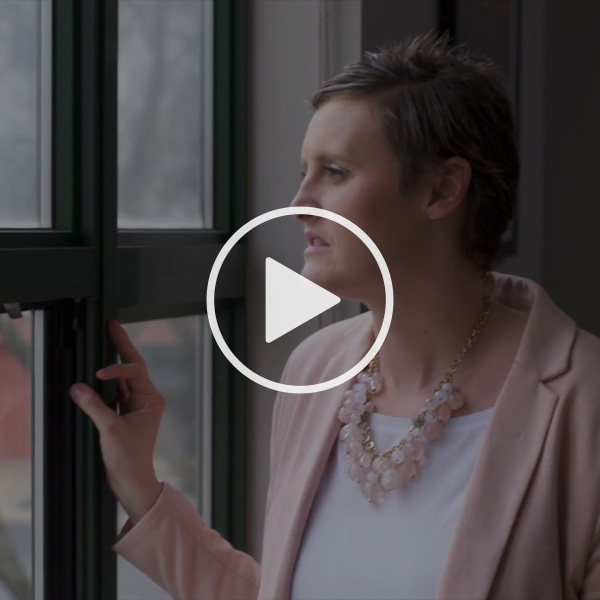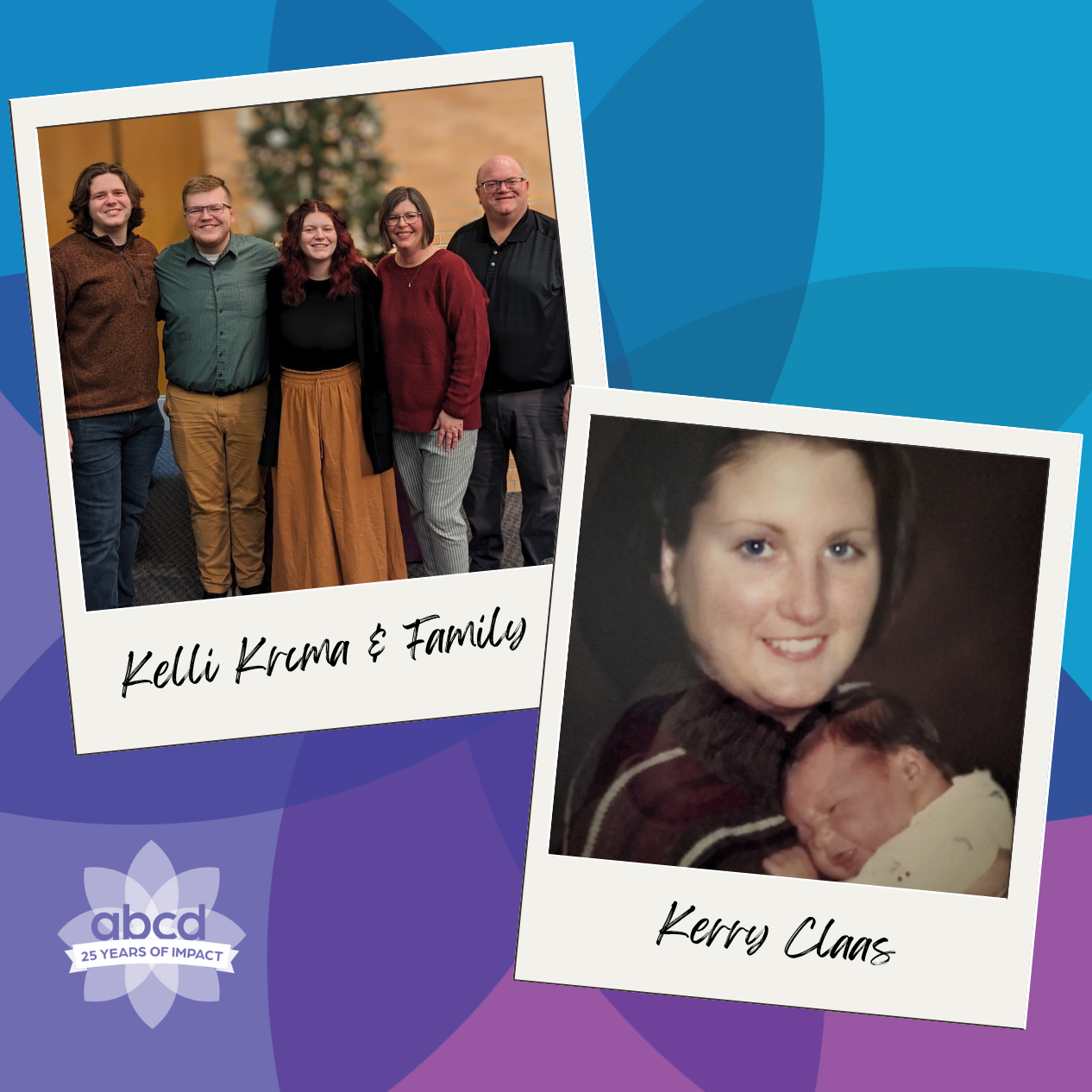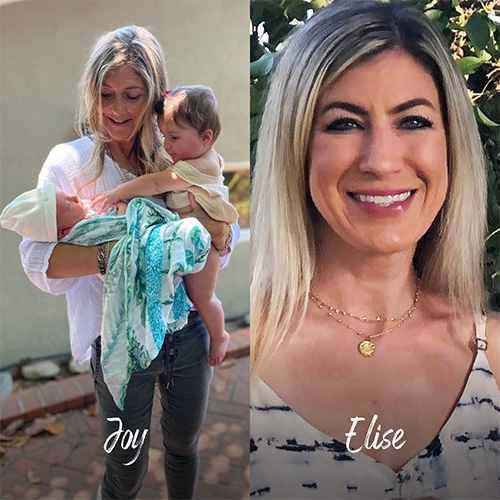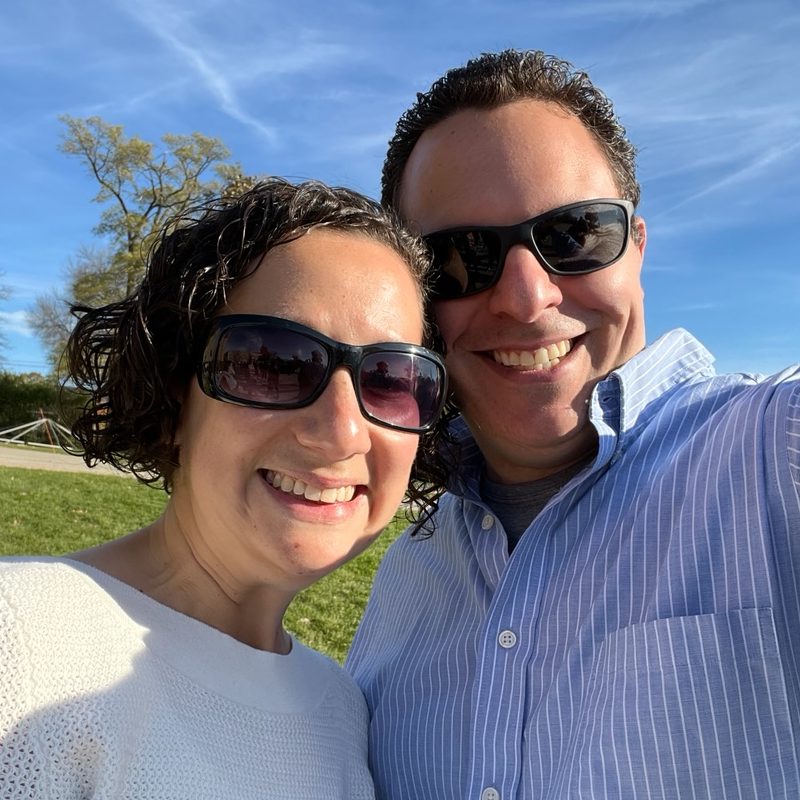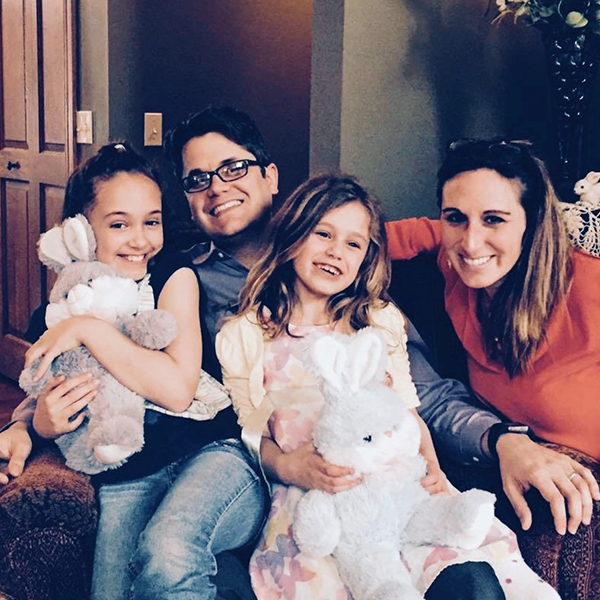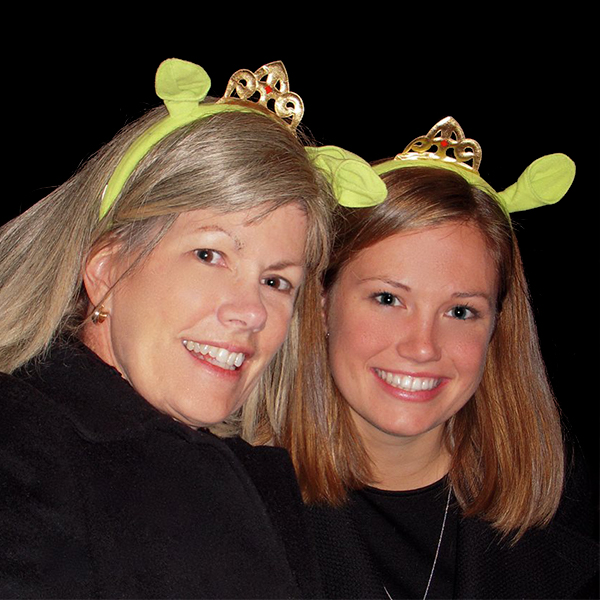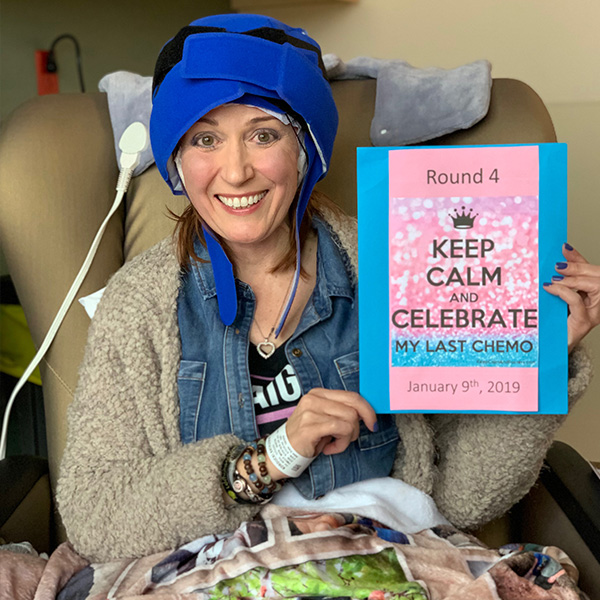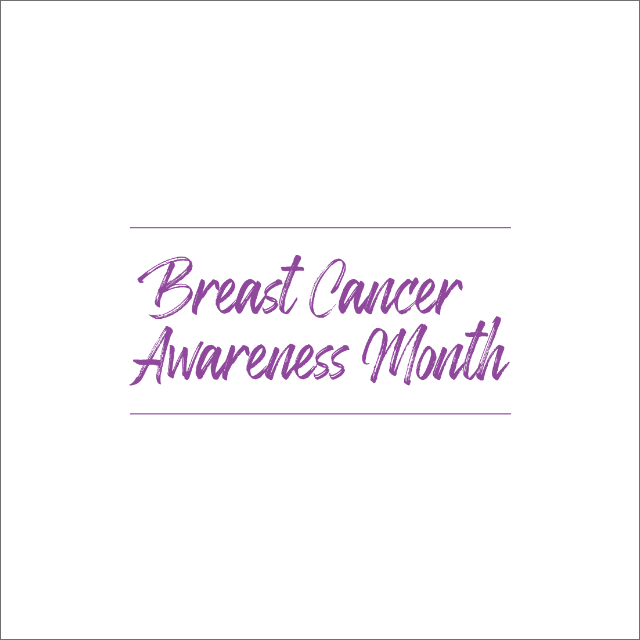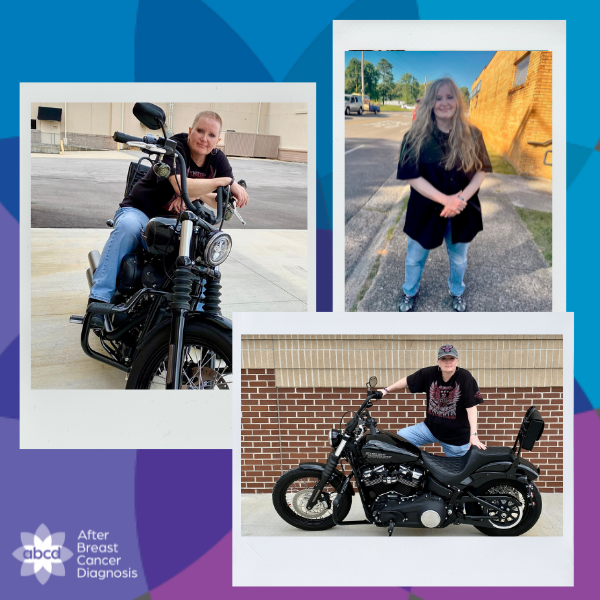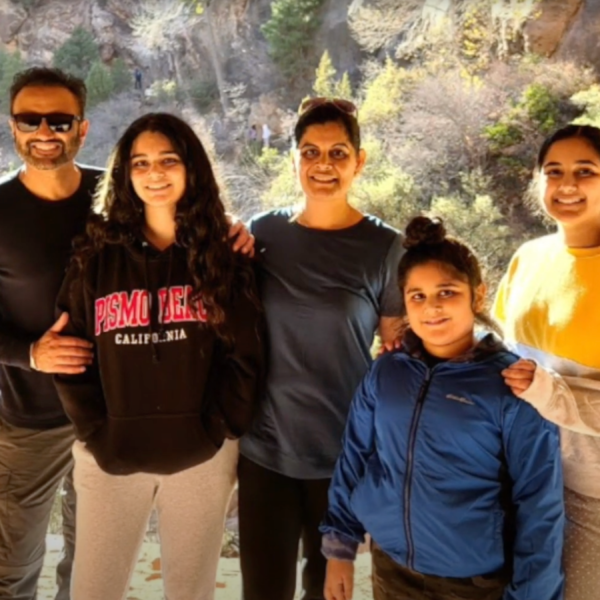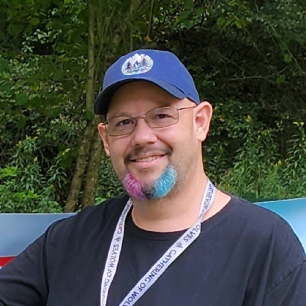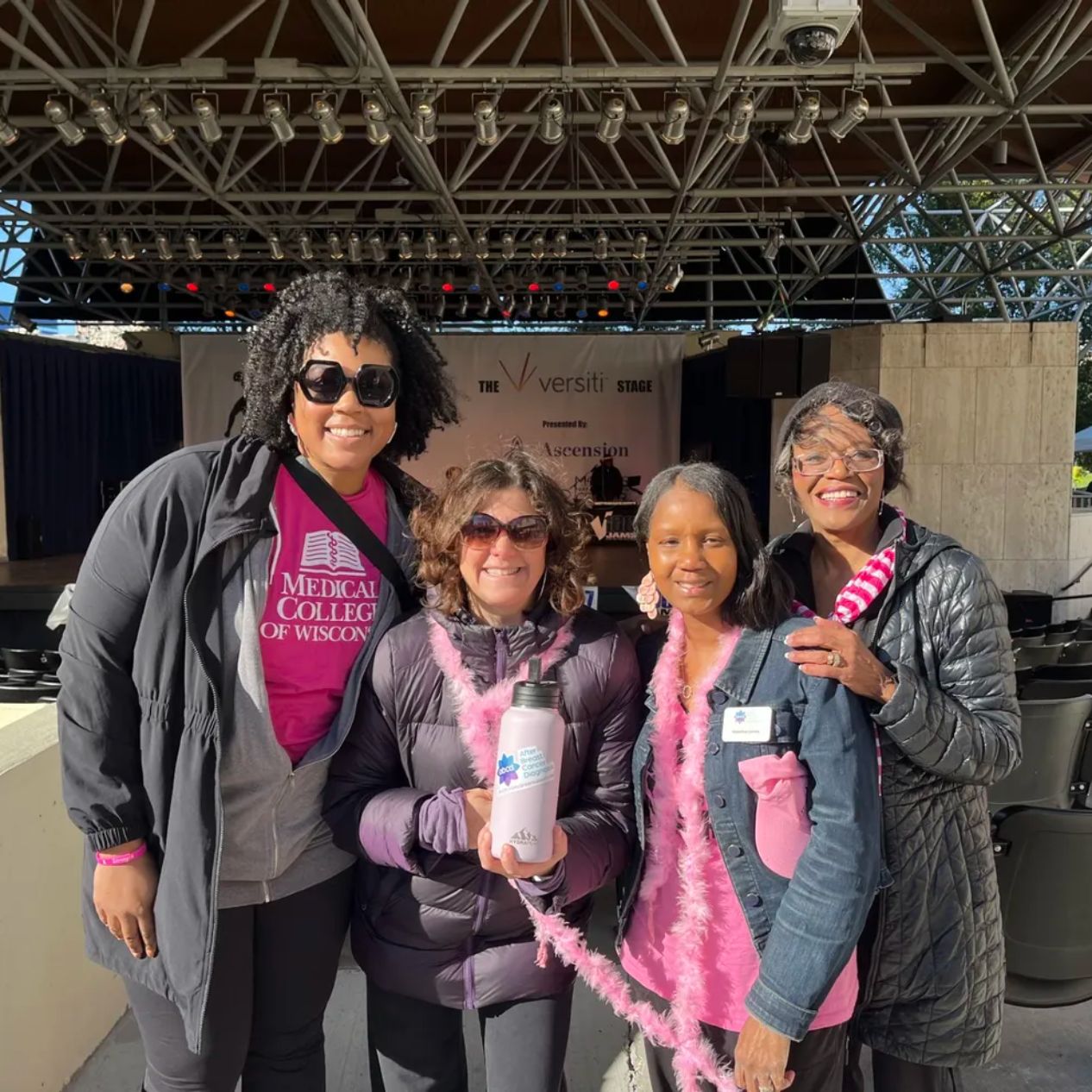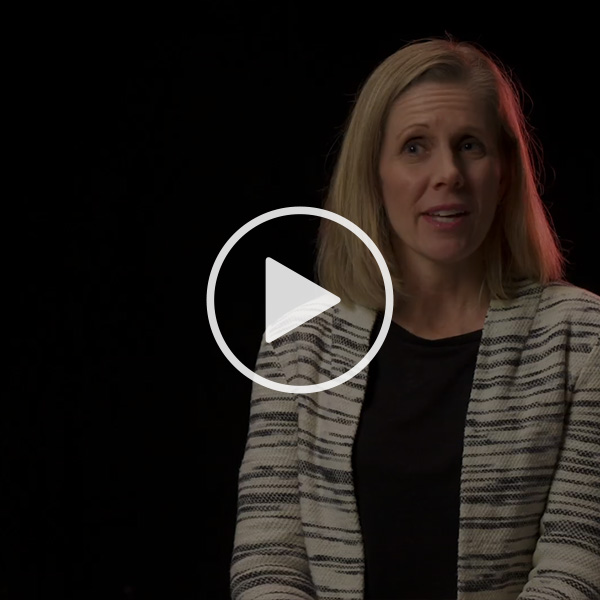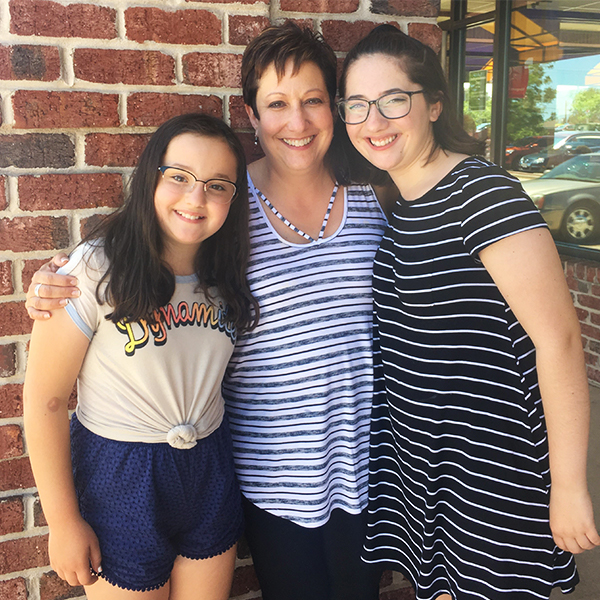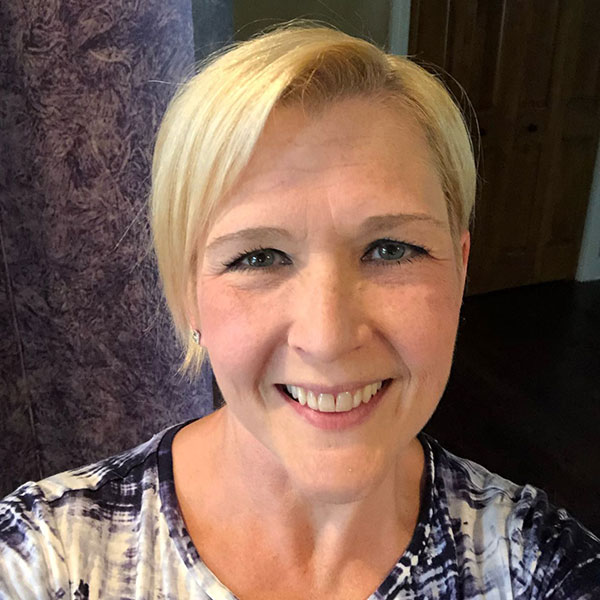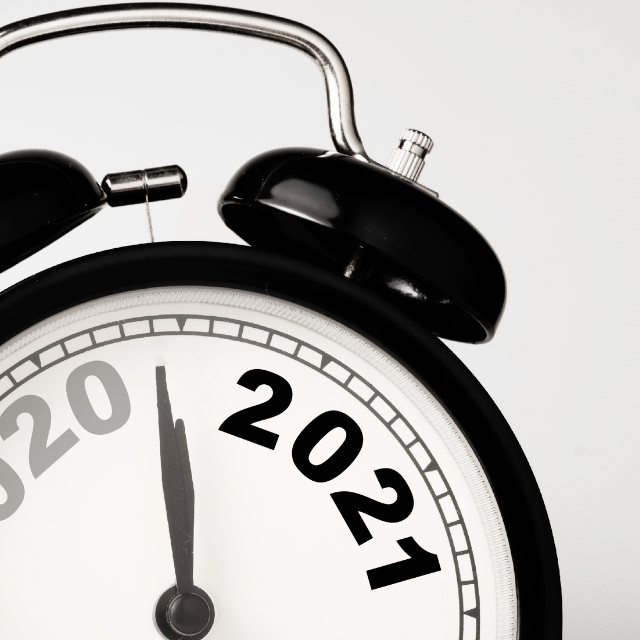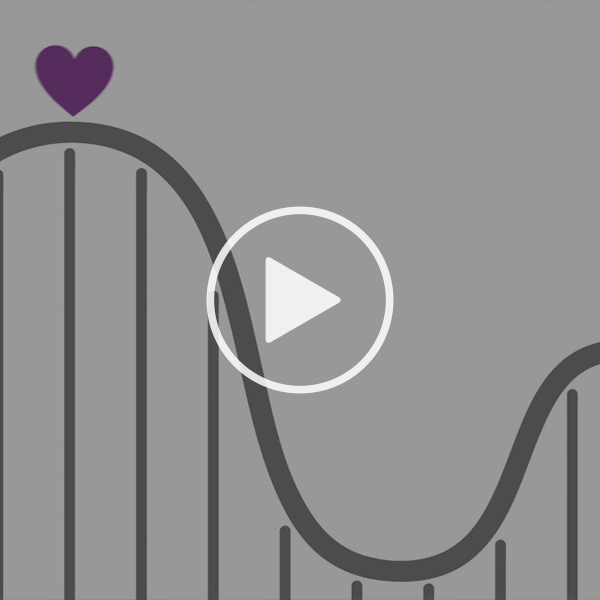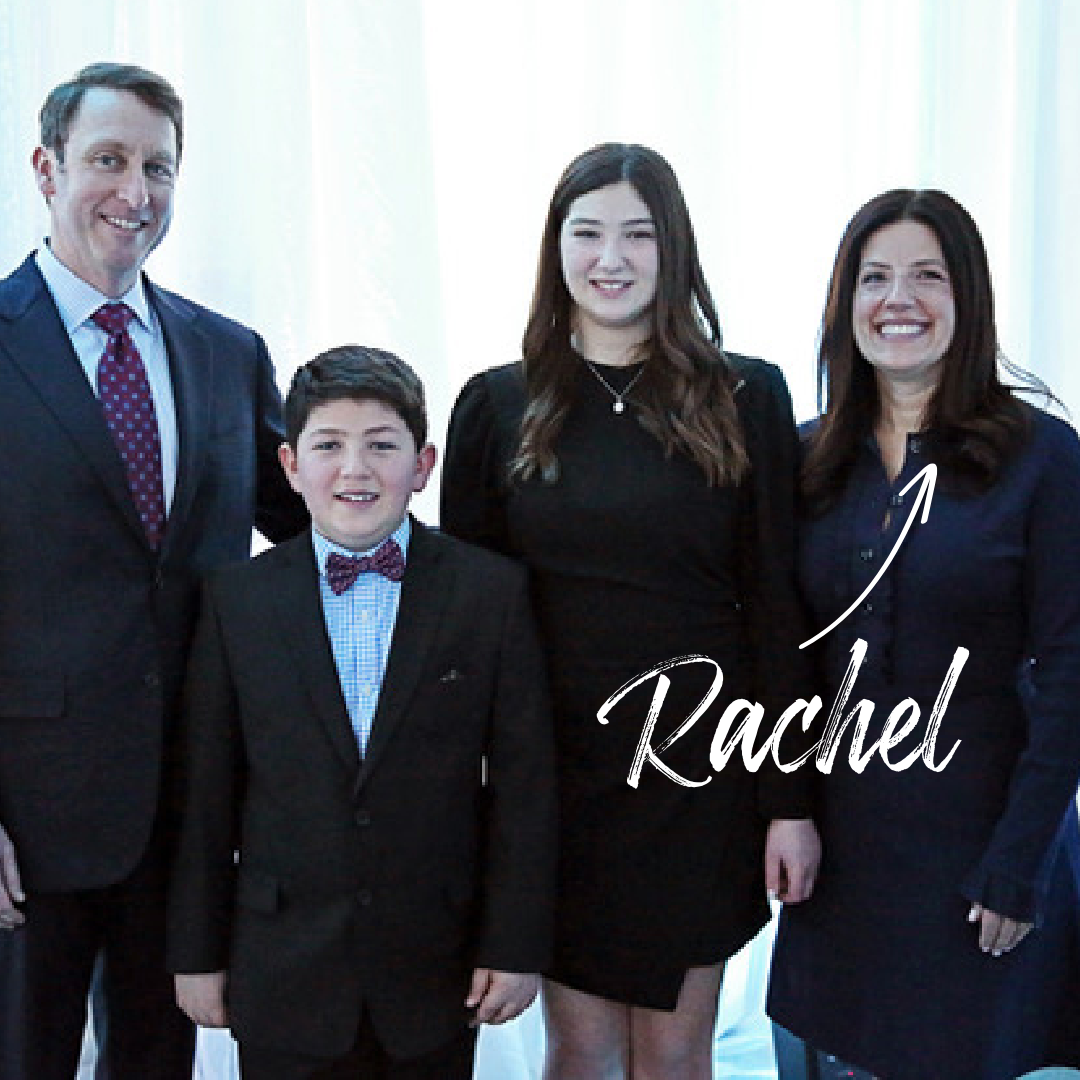
From Fear to Action: Finding Support When a Worry Became Reality
— By Gina Rich
October 27, 2023
After my mother was diagnosed with breast cancer, I couldn’t shake the fear that one day, I would face the disease as well. That day arrived decades later, but still much earlier than I’d expected.
It was the fall of 2022, and I had gone in for my annual mammogram. Having undergone regular screenings since my mid-thirties, I’d experienced a few nerve-wracking callbacks, but the findings had always been benign.
This time, though, was different. Before I even received a callback, I saw the result in my online patient portal: “There is a new group of calcifications. Recommend additional imaging.”
Tears stung my eyes and acid rose into my throat like a scorching wave. It was as if my body knew what was coming – a diagnosis I’d always considered not a matter of if, but when.
After an inconclusive follow-up mammogram, I was scheduled for a biopsy. The procedure took place on Halloween – an appropriate day for a terrifying test, I thought. The next day, the hospital’s nurse navigator called me with the results: I had ductal carcinoma in situ (DCIS), also known as Stage 0 breast cancer.
As I talked with the nurse, I was surprised by how calm my voice sounded. But maybe it made sense. I thought back to all the screenings over the years, and how each test would send me into an anxiety spiral until I got the all-clear. Now that my fear had become a reality, I felt some relief in knowing I could do something about it.
I had reasons to feel hopeful: Not only had my cancer been identified early, I had a good support network in place. In 2017, I joined the board of ABCD: After Breast Cancer Diagnosis because I wanted to help other families impacted by breast cancer. Through ABCD, I had interviewed and worked alongside Mentors, Participants, and other women who had grappled with a diagnosis and all of its repercussions. Listening to their stories, I felt I understood the value of ABCD’s peer support, and the difference it made. But now I would experience it firsthand.
Soon after my diagnosis, I called ABCD and requested a Mentor. There are multiple ways to treat DCIS, and since I was leaning toward a lumpectomy followed by radiation, ABCD matched me with someone who had undergone the same treatment.
Kathryn Walker and I had served on the Board together, so we knew each other. But now we were connecting in a different way. Kathryn listened as I shared how overwhelmed and panicky I was feeling. And she said something that stuck with me: “Our brain and survival instincts are telling us to run away, but we can’t run away. We have to stay in this scary place in order to decide our treatment and then survive.”
While my family and friends were loving and supportive, only my Mentor was able to articulate the complex mess of emotions swirling inside me.
Because I was at high risk for a recurrence, I also considered a second treatment option: a bilateral mastectomy and reconstruction, without radiation. Before my diagnosis, I thought of mastectomies as extreme. Now my mindset was shifting. The surgery began to feel like a way to exert more control over my own destiny, to exercise a choice my mother did not have.
I reached out to ABCD again and was matched with my second Mentor, Monica Arnstein. Like me, Monica was diagnosed with DCIS in her early forties. She had opted for a bilateral mastectomy and reconstruction. Talking to Monica, I began to feel more convinced that the surgery was the right choice for me. I remember asking Monica if she had been able to resume running, an activity that we both enjoyed. When she told me she was running again and felt as strong as ever, I felt hopeful that one day, I’d get there too.
Monica and I had more in common than I thought possible. As we talked, we realized that both of our oldest daughters were in 8th grade when we were diagnosed.
It’s rare for children of Mentors and Participants to match the way ours did, but that connection meant a lot to my family. As someone who struggled with my own mother’s diagnosis, I know that children of patients cope in different ways and need support too. In the weeks before my surgery, my daughter was able to text with Monica’s daughter. It helped her so much to talk with a peer who understood.
My procedure took place in December 2022. Today I’m back to running, swimming, and chauffeuring children around. I plan to complete ABCD’s Mentor training so I can support other women on their journeys.
When people tell me I coped well with having breast cancer, I say, “I wouldn’t have coped as well without the support I got from ABCD.” I believe anyone affected by breast cancer should have access to this support – whenever they may need it.
Gina Rich was diagnosed in 2022 with ductal carcinoma in situ. She had a bilateral mastectomy with implant reconstruction.
